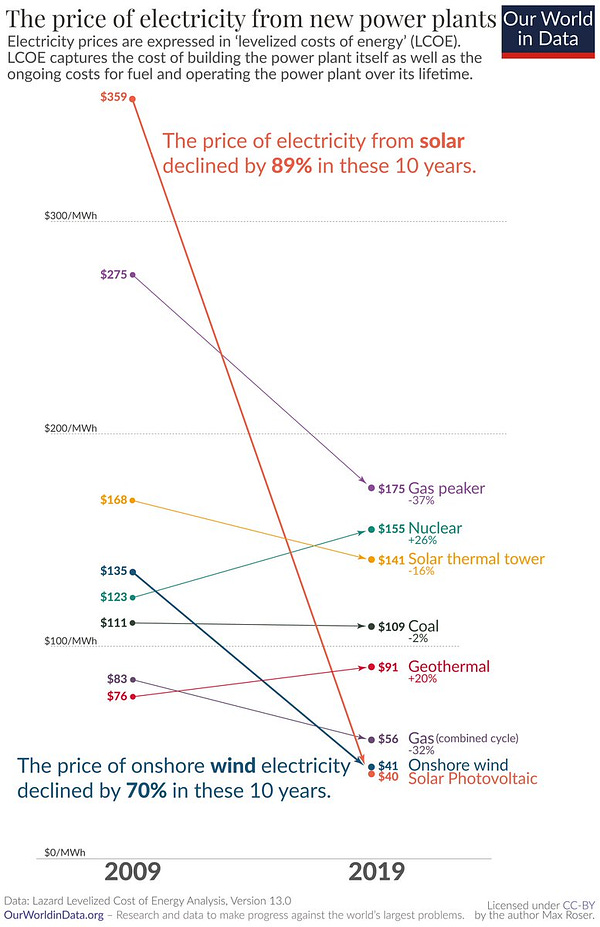Mastering workplace happiness
ALSO: predictions and trends for 2021 / name the company from their mission
This newsletter for workplace culture enthusiasts takes a couple of days’ work each week, if you find value in it please do forward it to a colleague or friend who might enjoy it.
The Master of Workplace Happiness
Last week I mentioned the news that Tony Hsieh had passed away the previous weekend. As the boss of Zappos, Hsieh was famed for creating a radical and ambitious approach to both customer service and company culture. You may have heard of the famous practice at Zappos that at the end of two intense weeks’ induction employees are offered $4000 to leave (the idea being that some starters will be having reservations about any new job and if they don’t like what they have heard at Zappos then this is a good way to prevent bad apples getting into the barrel).
He was a complex character (and I mean that in the normal euphemistic suggestions of newspaper profiles, meaning that he liked partying as much as he liked spreadsheets). Anyone who has read Hsieh’s Delivering Happiness will have been able to read between the lines that he used to invite his employees to ecstasy fuelled warehouse raves at his own home. He continued as CEO for the last decade, despite selling the business to Amazon for over $1 billion. Famously Jeff Bezos left the firm largely unchanged, allowing Hsieh to keep experimenting with unorthodox approaches (including an abortive attempt to abolish all management). This Forbes piece which goes deep on his lifestyle and personal challenges turns out to be a captivating read.
Hsieh believed that having the very best customer service was a defendable strategic position (and one that business school wonks often ignore). He achieved it by creating the very best workplace culture - the idea being that happy workers would bring the joy to the customers they touched. There were none of the oppressive customer service metrics of normal call centre jobs; quite the opposite, he allowed his employees to take as long as they wanted on calls with customers and to fire customers if they felt that weren’t respecting the generosity of Zappos’ approach.
This Freakonomics podcast gives more details on this intriguing icon. It’s hard not to moved by the huge heart of such a maverick who chose to live fairly humbly in Park City, Las Vegas.
Trends for 2021

I don’t agree with everything on this thread by Chris Herd (click through to see all 22 tweets, and the discussion) But I strongly agree with this one below. Wanting to ‘jump on a call’ because it’s easy will have a finite appeal for the best people. And the above tweet is unquestionably true. Firms with millions of pounds worth of property will suddenly have to decide if they are going to liquidate that asset or if they’re going to wait for an activist investor to do it for them. (Time to get out your supply and demand charts, property prices are only going one way).

Name the company from their mission statement:
I’m quite a sceptic on mission statements, they tend to be bland and transferable between firms. But Atif Sheikh, CEO of Businessfourzero, does a great job here of showing that when these things are good they are really good. So can you name the company from these mission statements? (answers after the video embed of him)
Belong anywhere
Accelerate the world’s transition to sustainable energy
Transportation as reliable as running water, everywhere for everyone
To embrace the human spirit and let it fly
To put smiles on the faces of everyone we touch
Answers:
Airbnb
Tesla
Uber
Virgin Atlantic
Nintendo
Atif gives an interesting take on why thinking about mission can focus the mind. He cites this article in the FT where Pilita Clark squarely nails why mission statements by committee are often flacid and dull.
Personally I tend to agree with the person that Atif quotes, ‘you don’t want to be a business with a great purpose statement, you want to be a business driven by purpose’. An interesting provocation for me is what one person asks in the comments of the video is how close these statements are to brand propositions (i.e the thing we use to appeal to customers). Generally I think the end outcome of these statements is normally so bland that they are a waste of human breath but Atif gives a hearty case for the defence. (Thank you to the Business Culture Awards for the video).
Further listening: ‘purpose needs to be found, not given’ - a chat between me and Professor Dan Cable (One listener comment: “Bruce should shut-up and listen.” Charming).
The 4 day week has strangely come back onto the agenda as burnout levels have surged this autumn. Firstly, Unilever announced that they were going to experiment with the 4 day week with their workers in New Zealand (note: it’s a test amongst 81 staff), then the Spanish government said they would be trying it as a way to create more jobs
In the spirit of last week’s newsletter and the tweets above by Chris Herd this post suggests ways that firms could go fully remote
There’s a really interesting change happening at tech firms like Google - they used to pride themselves on having progressive tolerant cultures - now they are increasingly run by lawyers and business people. The firing of a leading (black female) AI expert this week (more here), apparently because she wrote a paper suggesting that Google’s AI image recognition was biased against people of colour. There were rumours that Google’s founders were deeply distressed to hear of the Google Walkout in 2018 and this adds more reason to be underwhelmed with the unimpressive and underperforming Sundar Pichai. (MIT adds more, having read her paper)
I’m speaking at the (free) Innovation@Work summit by The Economist in February sign up here
Microsoft pulled back from the reporting on individual workers that I talked about in last week’s newsletter (data will now be at a team level, not individual)
This was an interesting comment from Jamie Bartlett (maker of the masterful Missing Cryptoqueen podcast)
And finally something ecological. A nice chart reminding us that moving to renewable energy has every reason in its favour right now. Annoyingly there’s a persuasion job to be done with onshore wind farms that we’re not even attempting:


Make Work Better is created by Bruce Daisley, workplace culture enthusiast. You can find more about Bruce’s book, podcast and writing at the Eat Sleep Work Repeat website. Let me know what you think by replying to the email. I did something of a work-in-progress chat about the myth of resilience this week at a conference, you can find the clip here.






